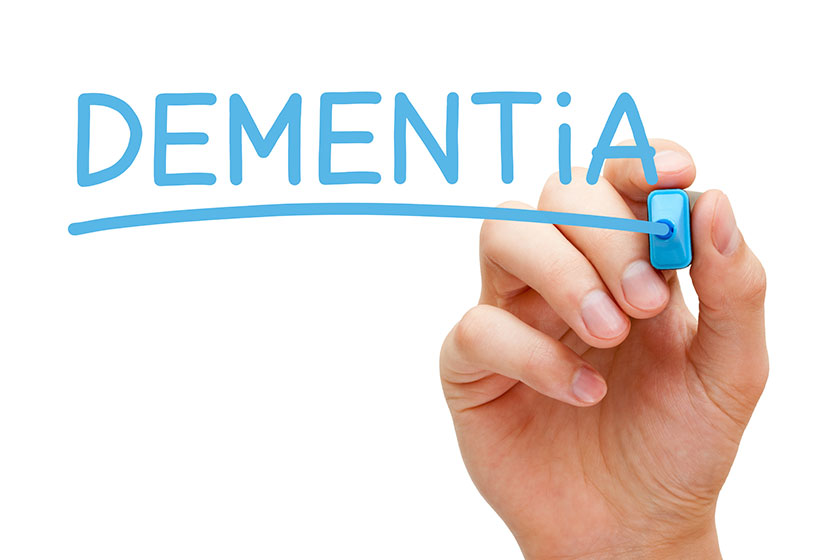Discovering or suspecting dementia in loved ones can be a particularly distressing time in your life. However, you can do everything in your power to improve the outcome the better you understand the condition. With all your efforts and comprehension of Alzheimer’s disease, dementia, etc., it’s still important to remember that eventually, your loved one will advance to the point where professional care will be needed. For a while, you will probably be able to adequately care for your loved one with dementia, particularly if you have the assistance of others. But at some point in time, the disease will progress to a point where they will need more than you can provide, physically, mentally, and emotionally.
Here’s some information that will help give you a better understanding of memory-related conditions such as Alzheimer’s disease, dementia, etc.
Dementia – What Is It?
This umbrella term refers to disorders resulting from trauma or disease involving the brain. This triggers impaired intellectual functions, personality change, and memory loss. The effects of dementia go above and beyond normal aging. It impacts relationships, independence, and daily life. Worldwide, there are thought to be approximately 50 million people currently with dementia or a related condition. Every 3.2 seconds, a new case is diagnosed.
Changes may happen slowly, over time, or quickly. There will be noticeable declines in problem-solving, remembering, learning, and communication. Which area of the brain is affected and the type of dementia occurring will largely determine the eventual outcome and progression.
Symptoms and Signs of Dementia
Symptoms and signs of dementia include the following:
- Personality changes
- Neglect of personal safety or care
- Balance, motor, and gait problems
- Confusion and disorientation
- Loss of communication skills
- Inappropriate behavior
- Faulty reasoning
- Abstract thinking difficulties
- Impaired judgment
- Memory loss
What Causes Dementia?
Dementia can develop when brain connections are lost due to injury, disease, or inflammation. Due to one or more of these, neurons die. Though much about dementia remains unclear, the origins have been somewhat demystified due to the diligent efforts of scientists through the years. Your risk might increase due to genetics, but more likely, it will be a combination of lifestyle, environmental, and hereditary factors that will determine whether or not your loved one develops dementia.
Types of Dementia
Dementia is a general, rather generic term. The following are just some types of dementia (there are approximately 50 in all):
- Vascular dementia
- Alzheimer’s disease
- Mixed dementia
- Parkinson’s disease
- Huntington’s disease
- CJD (Creutzfeldt-Jakob disease)
- Pick’s disease
- Lewy body dementia
SHINE® Memory Care Program For Your Loved One with Dementia
At Rittenhouse Village At Northside, we have our exclusive SHINE® Memory Care program (as well as senior respite care and assisted living). With it, patients with Alzheimer’s disease and other dementia and their families can benefit greatly. To promote engagement, quality of life, and comprehension, we use data that is science-driven in our highly personalized approach.
A National Certificate of Recognition was awarded to our program, courtesy of the nation’s leading voluntary Alzheimer’s research and care health organization – the Alzheimer’s Association. Only a very elite, small group of memory care providers in the United States share this distinction. Discover what our program can do for your loved one with Alzheimer’s disease or other types of dementia.
If you’d like to speak to someone regarding sales and leasing, please phone us at 317-659-3034. Other inquiries can be discussed with a representative by calling 317-575-9200. To quickly and easily open the lines of communication, consider filling out our convenient online form.
Even better, you can schedule a tour today to see for yourself all we have to offer.







